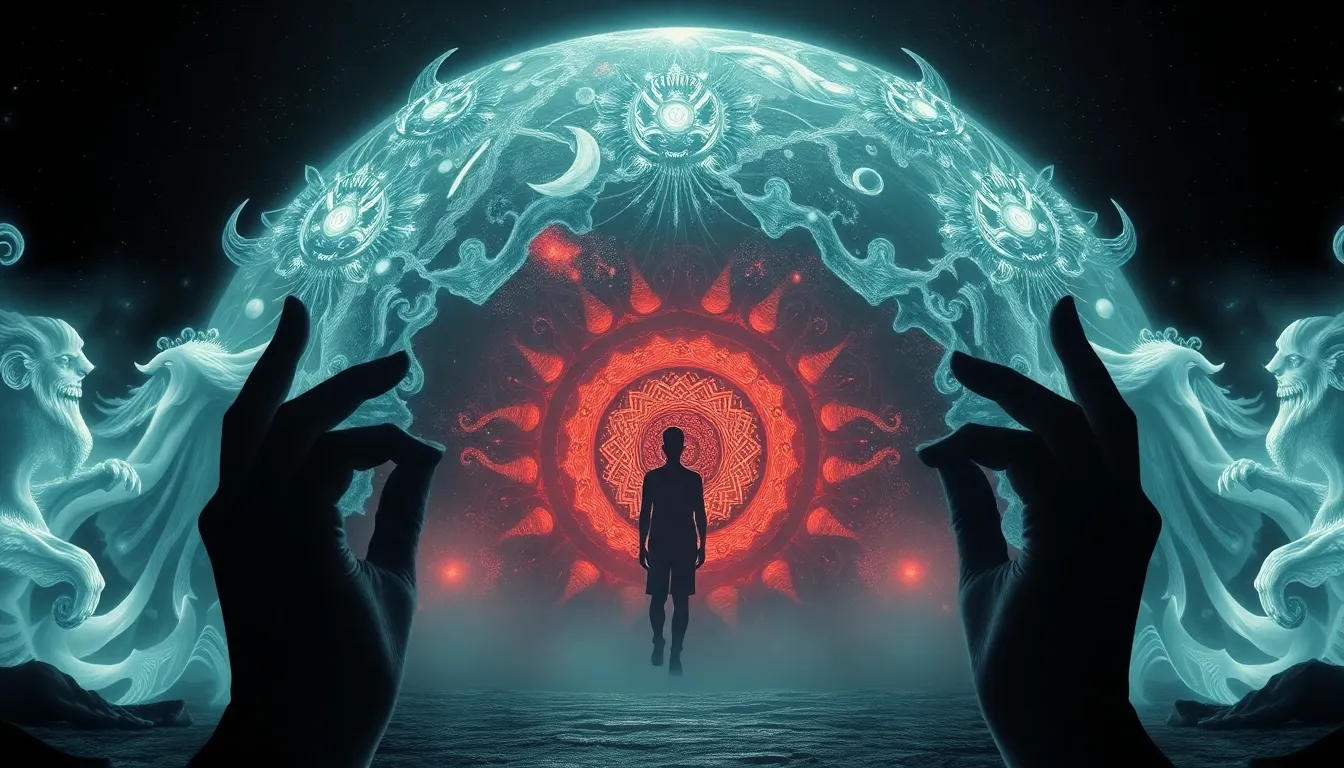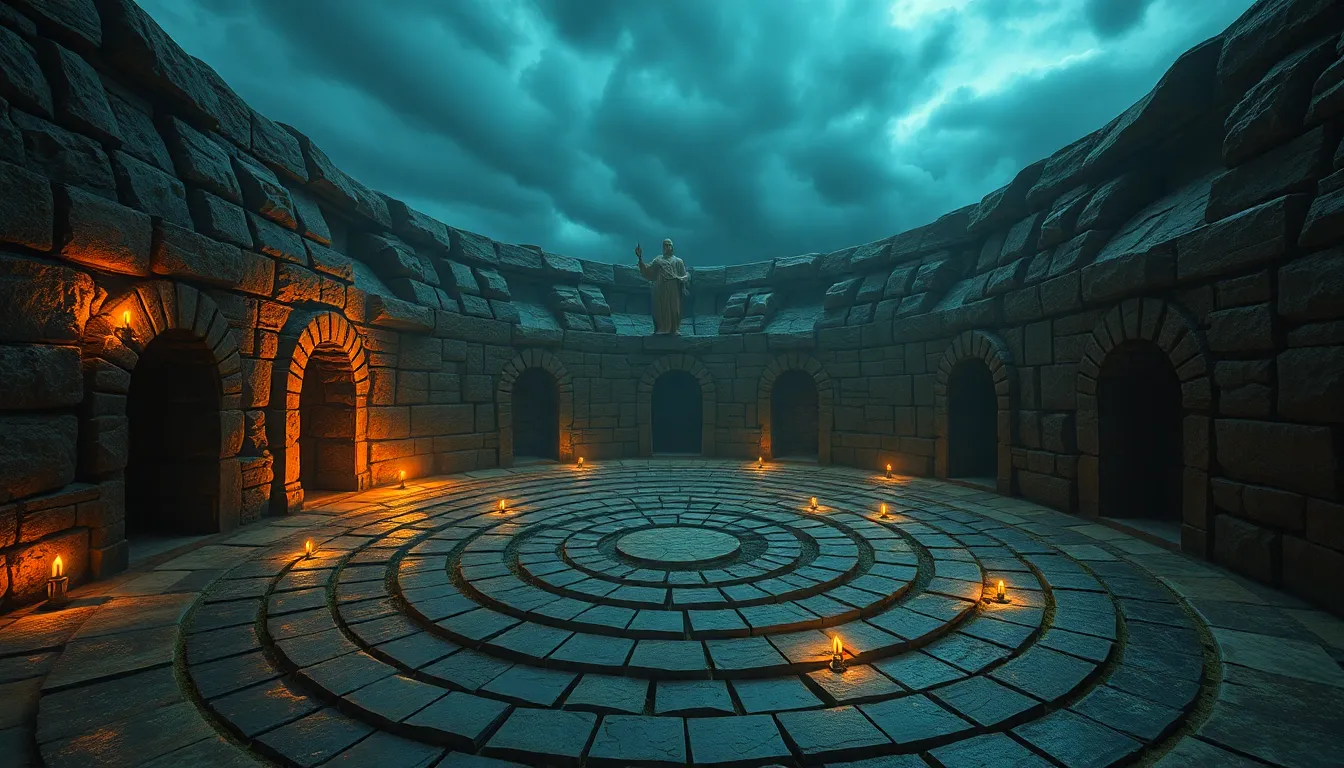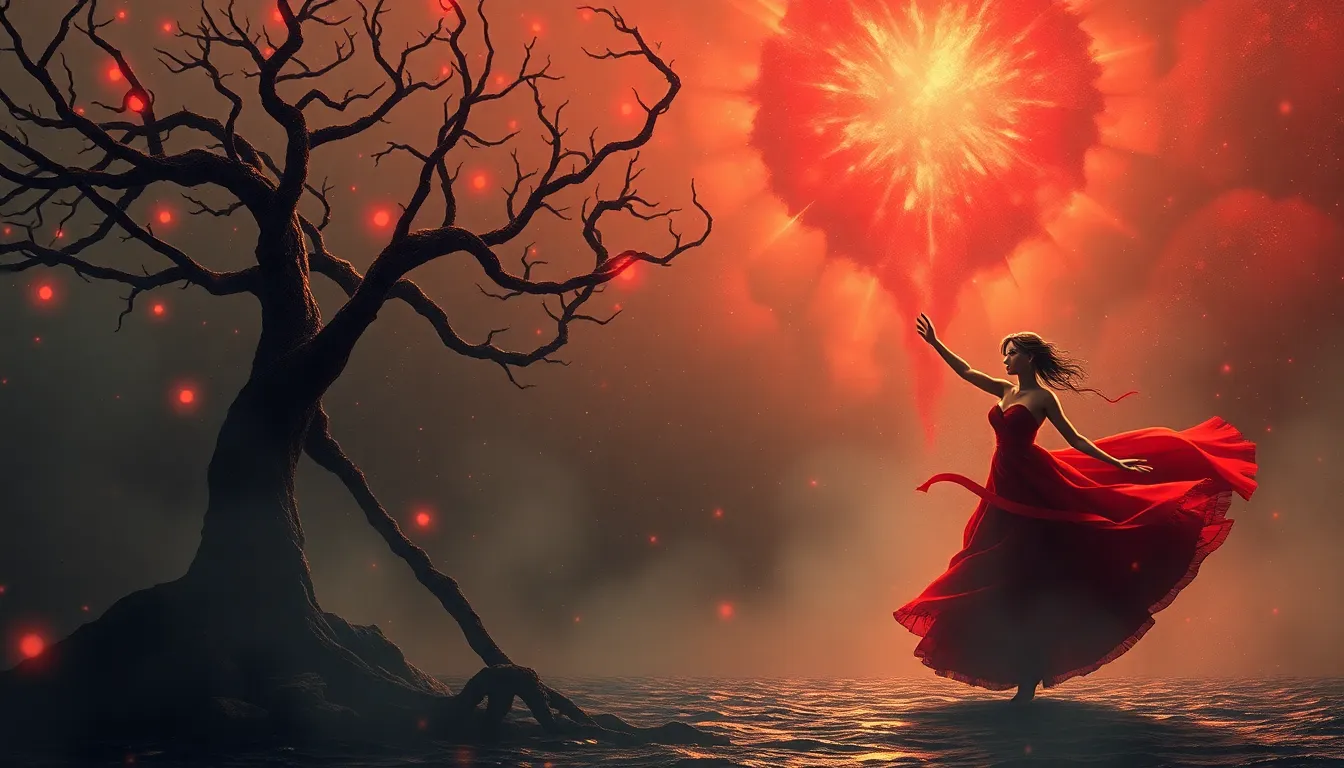The Most Eccentric End of the World Predictions in History
Introduction
Throughout history, humanity has demonstrated a peculiar fascination with predictions about the end of the world. These apocalyptic forecasts stem from deep-seated psychological and cultural reasons, often reflecting our fears, uncertainties, and the desire to find meaning in chaos. The idea of an impending apocalypse resonates with our imagination, provoking both dread and curiosity.
Ancient Prophecies: Predictions from the Ages
Many ancient civilizations formulated their own predictions about the end of the world, often tied to their understanding of time, cosmology, and divine intervention. These ancient prophecies were not merely warnings; they were elaborate narratives that explained the cyclical nature of existence.
- The Mayan Calendar: One of the most famous examples is the misinterpretation of the Mayan calendar, which many believed foretold the end of the world in December 2012. In reality, the calendar marked the end of a cycle, not an apocalypse.
- The Roman Empire: The Romans believed that the fall of their civilization would be marked by celestial omens, leading to widespread panic and prophecies of doom.
Religious Predictions: Divine Warnings and Doomsday Scenarios
Religious texts across major faiths often contain apocalyptic themes, suggesting that the end of the world is not just a possibility but a divine promise. These themes serve to warn believers and provide a framework for understanding suffering and existence.
- Christianity: The Book of Revelation describes a series of cataclysmic events leading to the final judgment, influencing countless predictions throughout history.
- Islam: In Islamic eschatology, events such as the return of Jesus and the emergence of the Mahdi are pivotal to the end times narrative.
- Nostradamus: The 16th-century astrologer and physician, Nostradamus, is renowned for his cryptic verses that many interpret as prophecies of future calamities.
The Science Fiction Influence: Predictions from Literature and Media
Science fiction has played a significant role in shaping modern apocalyptic narratives, often reflecting societal fears about technology, war, and the unknown. These stories resonate with audiences and influence real-world perceptions of potential disasters.
- H.G. Wells’ “The War of the Worlds”: This novel, depicting an alien invasion, sparked widespread panic when it was dramatized on radio in 1938, highlighting how media can amplify fears of the unknown.
- Other Influential Works: Novels like “1984” and “Brave New World” also explore dystopian futures that echo apocalyptic concerns.
The Y2K Scare: Technological Apocalypse on the Horizon
The turn of the millennium brought with it the Y2K scare, wherein people feared that the transition to the year 2000 would lead to catastrophic technological failures. This panic illustrated how modern society’s dependence on technology could lead to apocalyptic fears.
- Media Amplification: The media played a crucial role in spreading Y2K fears, often sensationalizing the potential for global chaos.
- Preparation and Response: Businesses and governments invested billions in preventing possible disasters, showcasing how apocalyptic predictions can influence societal actions.
The “Great Planetary Alignment”: Cosmic Catastrophes and Their Followers
Cosmic events, such as planetary alignments, have been linked to apocalyptic predictions, with numerous claims that they could lead to catastrophic outcomes. The fascination with astronomy often blurs the lines with conspiracy theories.
- 2000 and 2012 Alignments: Predictions surrounding these years suggested that planetary alignments would result in natural disasters or even the end of the world.
- Conspiracy Theories: Some groups have combined astronomical events with conspiracy theories, leading to a belief in a hidden agenda behind cosmic occurrences.
Nuclear Annihilation: The Cold War and the Threat of Total Destruction
The Cold War era introduced a new dimension to apocalyptic predictions, with the threat of nuclear annihilation looming large over global politics. The fear of mutually assured destruction shaped public consciousness and cultural narratives.
- Cuban Missile Crisis: This critical moment in 1962 brought the world to the brink of nuclear war, prompting widespread fears of total destruction.
- Media Influence: Films and literature from this period often depicted nuclear apocalypse scenarios, reflecting societal anxieties.
Modern Predictions: Social Media and the Spread of Doomsday Theories
In the 21st century, social media has transformed the landscape of doomsday predictions, allowing eccentric theories to spread rapidly. This new platform has created a fertile ground for both serious discussions and wild conspiracy theories.
- Nibiru Catastrophe: The supposed approach of a rogue planet has been a recurring theme on social media, often resulting in viral doomsday predictions.
- Case Studies: Various predictions, such as the end of the world on specific dates, have gained traction online, showcasing the power of digital communication.
The Psychology Behind Doomsday Beliefs
Understanding the mindset of those who believe in apocalyptic predictions reveals much about human psychology. Cognitive biases, societal influences, and collective fears contribute to the allure of doomsday scenarios.
- Cognitive Biases: Confirmation bias leads individuals to seek out information that supports their beliefs while ignoring contradictory evidence.
- Societal Influences: Cultural narratives and historical contexts shape how groups interpret signs of impending doom.
Conclusion: The End of the World – A Never-Ending Fascination
The theme of end-of-world predictions is a recurring motif throughout history, reflecting humanity’s deepest fears and desires. Whether through ancient prophecies, religious texts, or modern-day theories, these predictions continue to shape cultural narratives and collective fears. The fascination with the end of the world is not merely a reflection of our anxieties but also a testament to our enduring quest for meaning amidst uncertainty.




